
The origin story of eBay—which was founded 20 years ago, as AuctionWeb, on Sept. 3, 1995–is fairly well-known: other tech giants have their garages, eBay has its Pez dispenser. Or, rather, founder Pierre Omidyar’s then-fiancée didn’t have a Pez dispenser. It was her desire to more easily expand her collection that inspired Omidyar to create a way for her to arrange sales and purchases online.
But, as any number of start-ups have found, a good idea and good code do not a profitable business make. And the reason for eBay’s transition from small project to a functioning company is much less cute than the Pez story. Omidyar was running the business at home, and his Internet provider started to charge him more, as TIME explained in a 1999 story about the rise in online auctions:
eBay started out free, but it quickly attracted so much traffic that Omidyar‘s Internet service upped his monthly bill to $250. Now that it was costing him real money, Omidyar decided to start charging. He concocted a fee scale similar to the one eBay uses today: a nominal fee for listing an item (10¢back then, as little as 25¢ now) and a percent of the final sale price.
The payments that arrived with Omidyar‘s daily mail were small–in some cases dimes and nickels taped to index cards. But those little payments were coming in piles. eBay took in $1,000 the first month, more than it cost to run. Omidyar really knew he was onto something when he put up a listing for a broken $30 laser pointer that he was about to throw out. He fully disclosed that it didn’t work–even with new batteries–and started it at $1. Inexplicably, a bidding war ensued, and someone ended up taking it off his hands for $14. Meanwhile, the site’s revenues kept doubling: they were $2,500 the second month, then $5,000, then $10,000. Omidyar eventually had another insight. “I said O.K., I’ve got a hobby that’s making me more money than my day job,” he recalls. “So it might be time to quit the day job.”
As of May 2015, Forbes placed eBay’s market value at nearly $69 billion.
Read more from 1999, here in the TIME Vault: The Attic of E
See The 7 Most Important Tech CEOs You Wouldn't Recognize
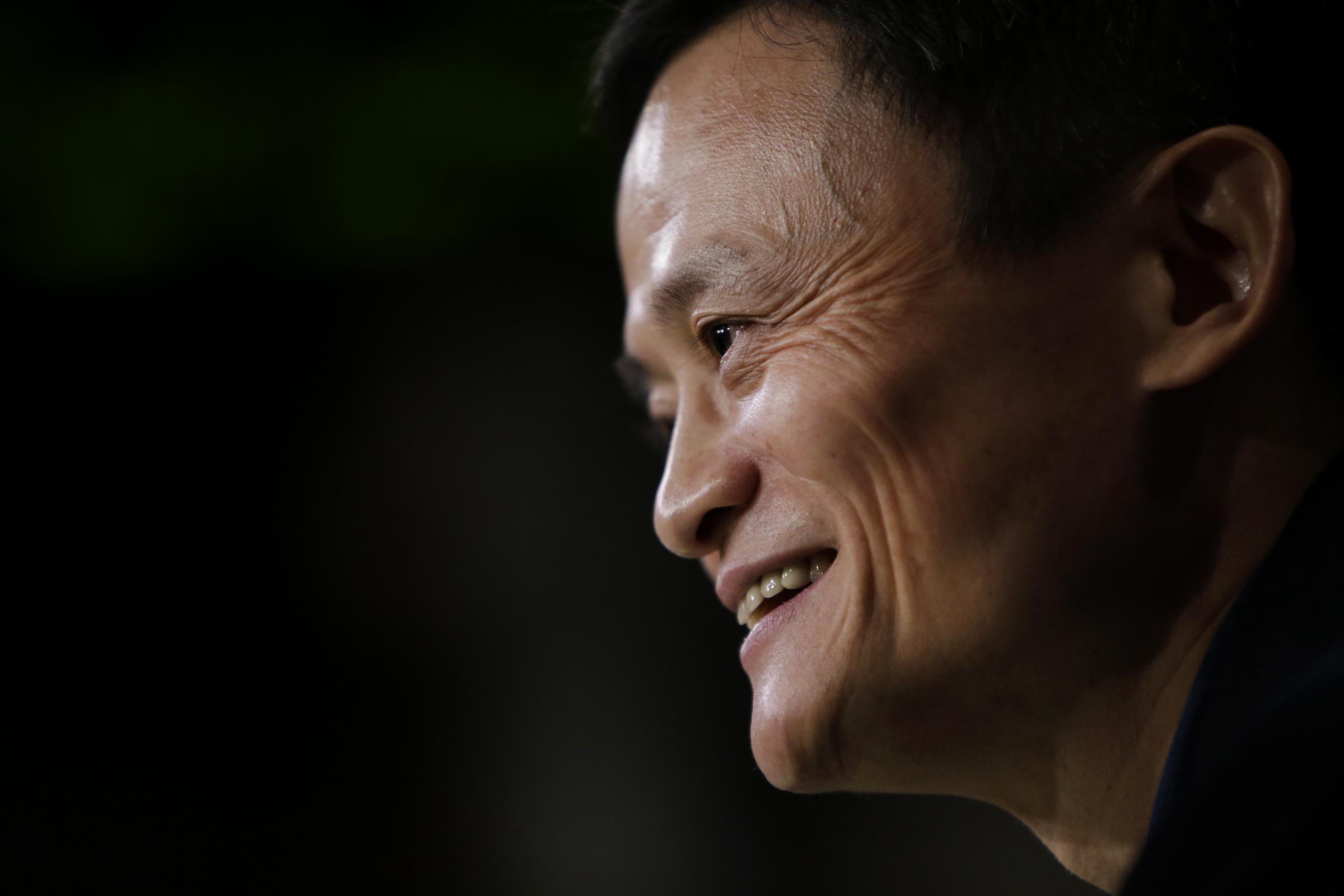
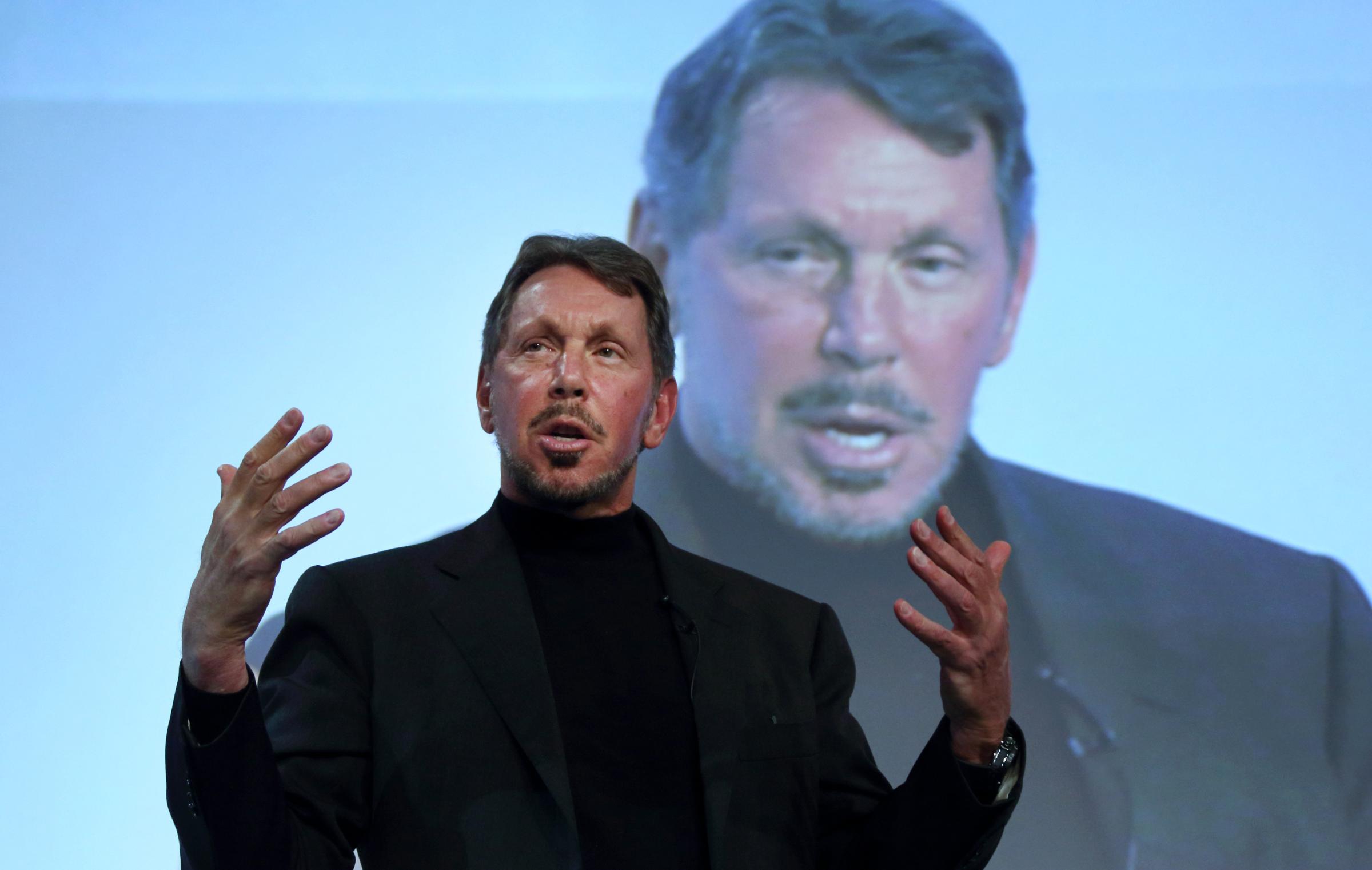
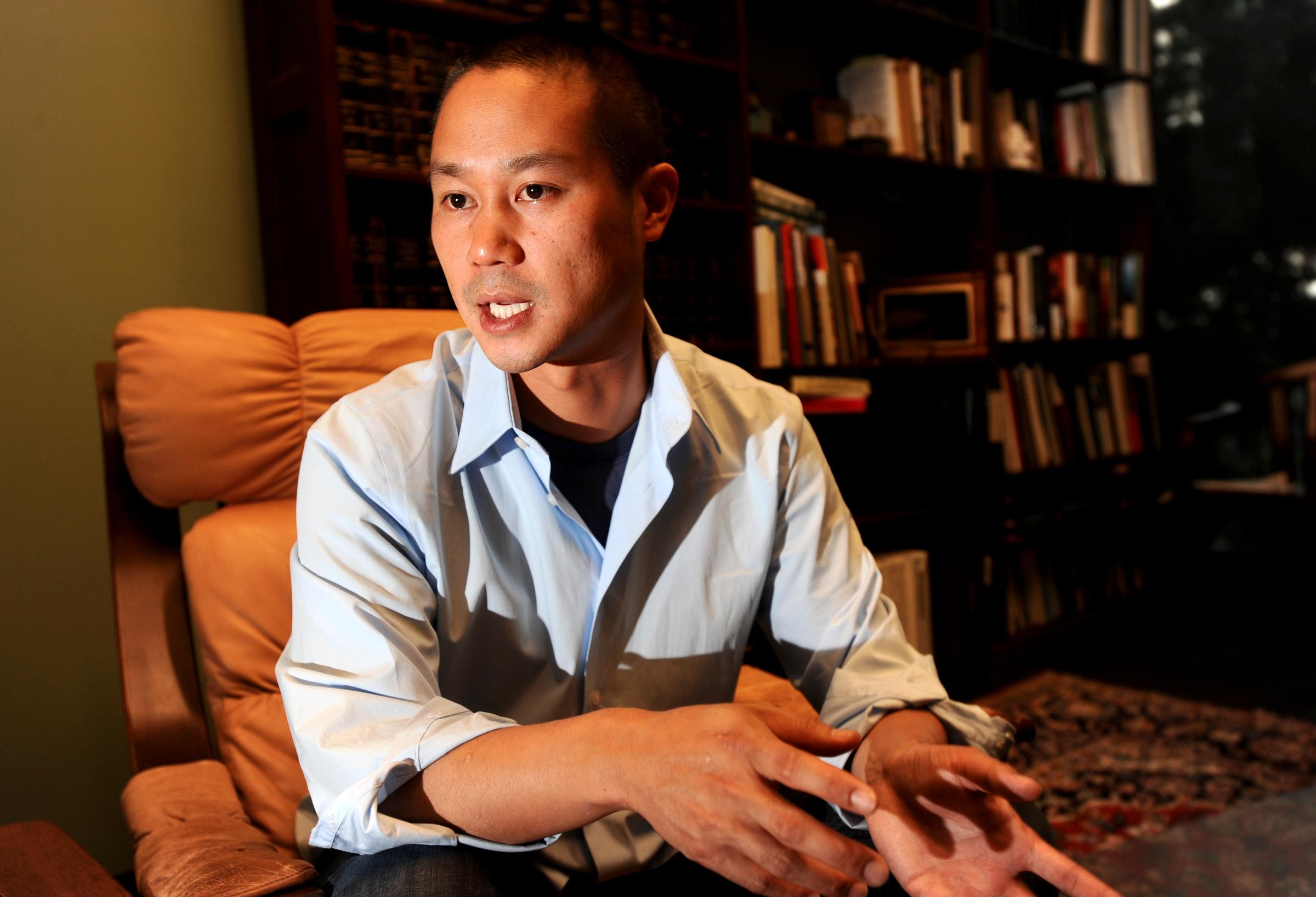
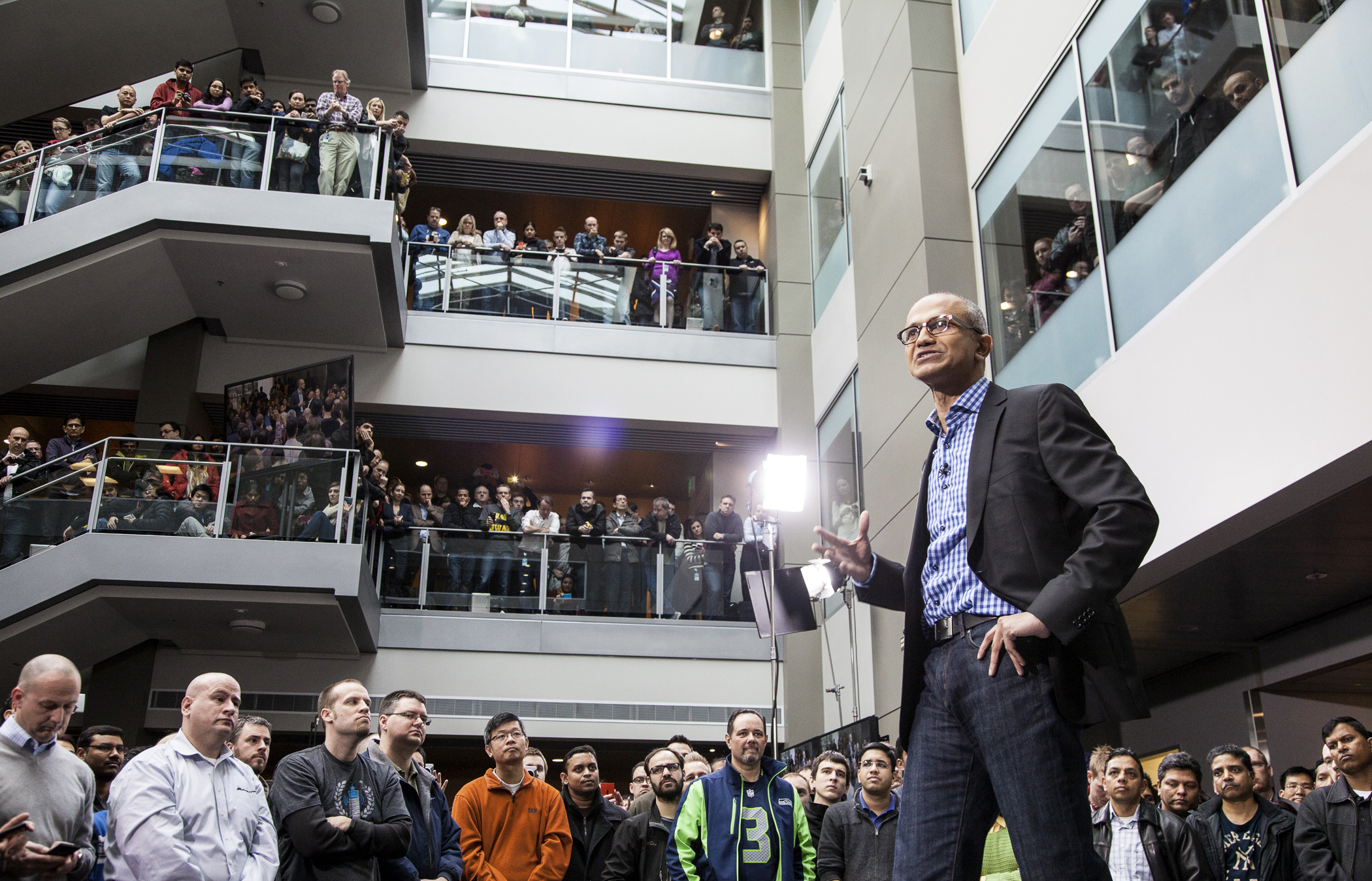
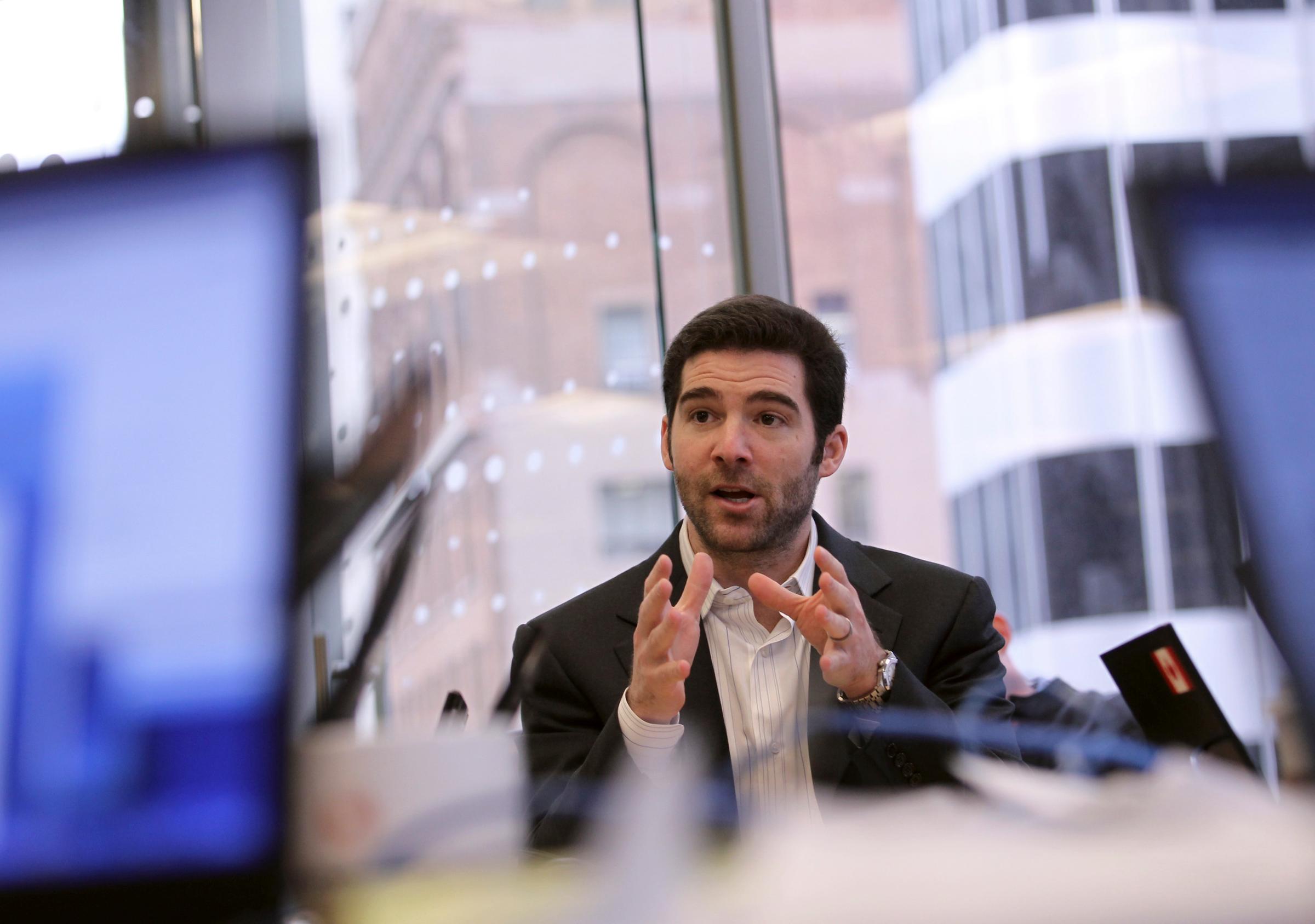
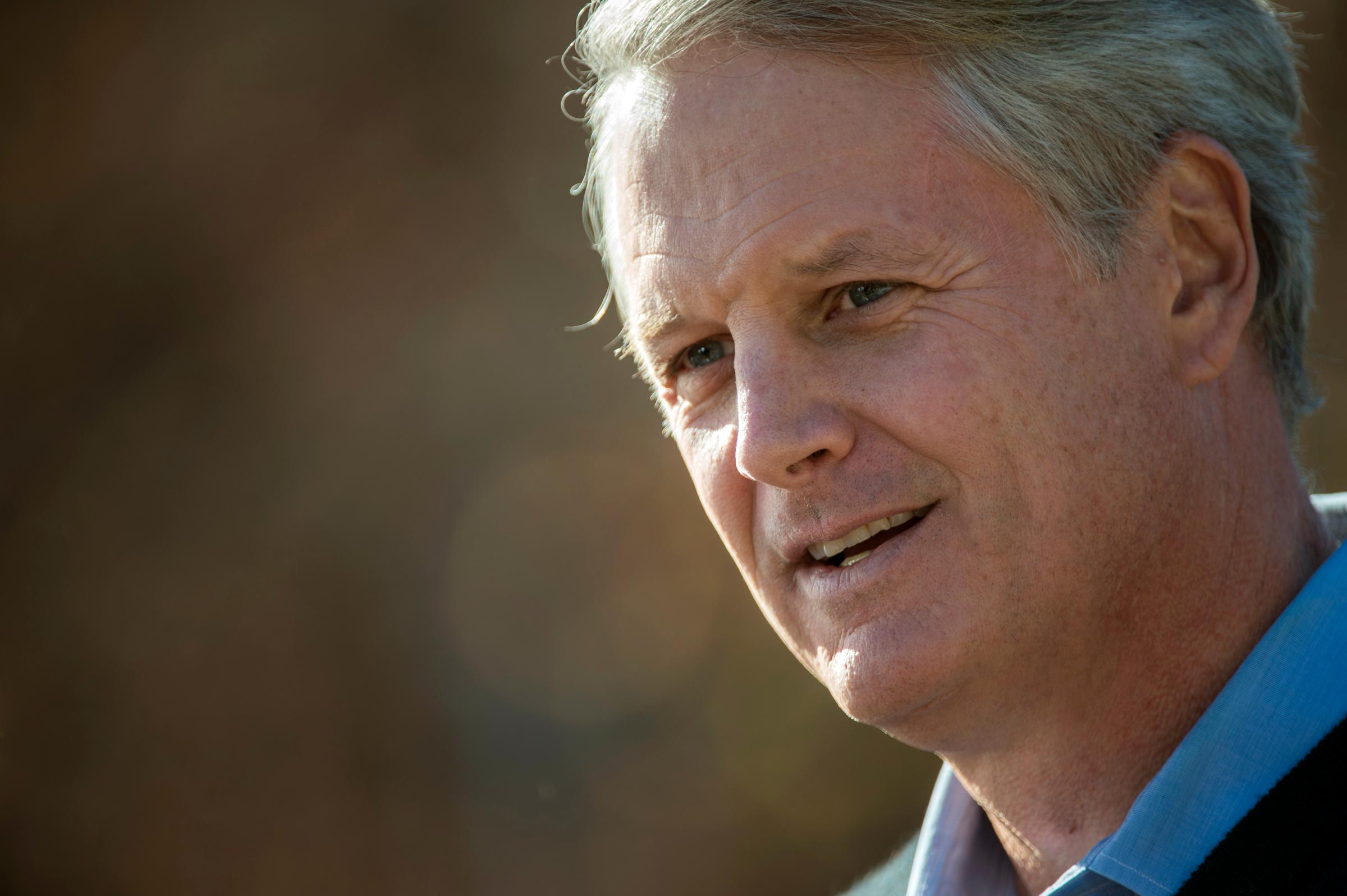
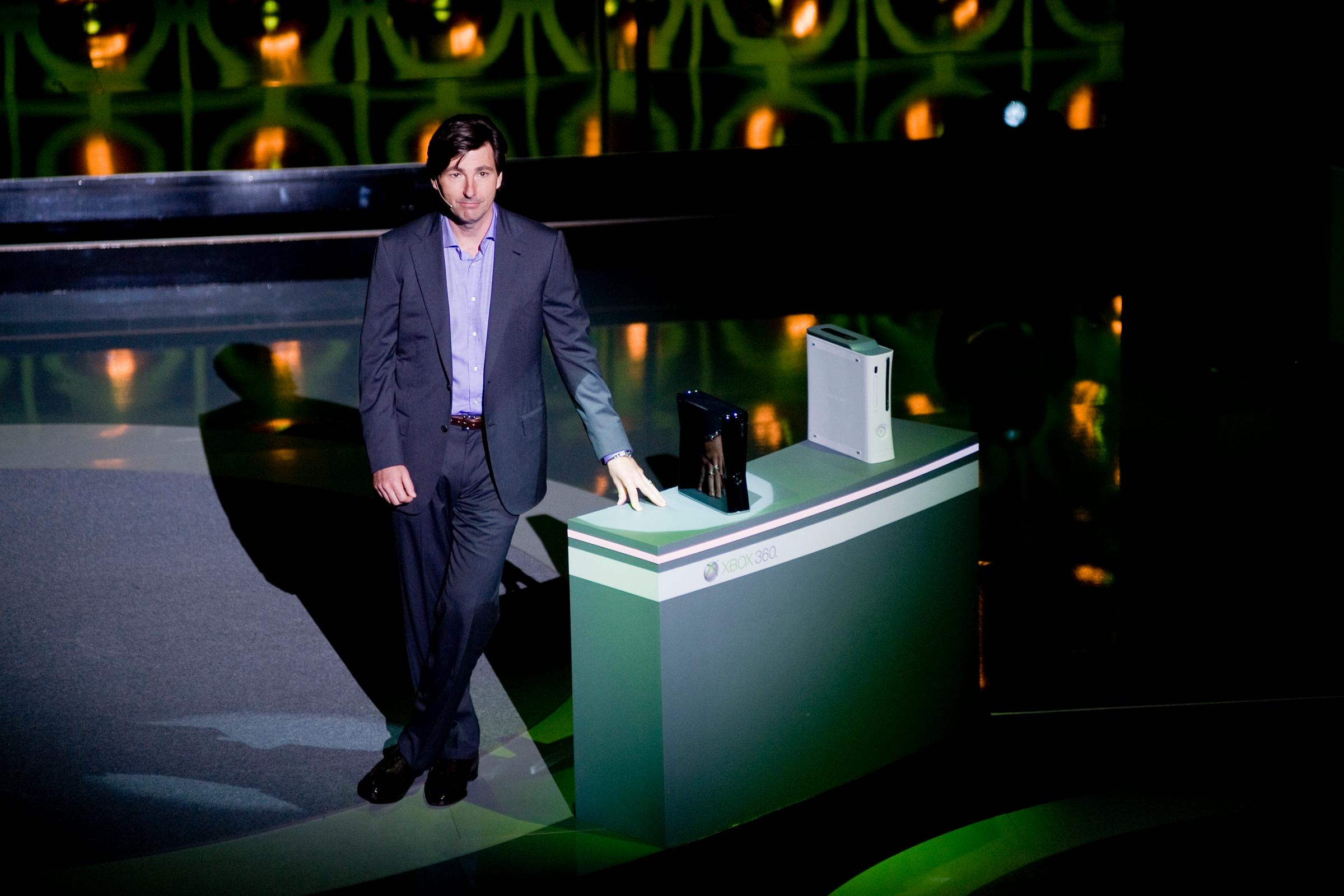
More Must-Reads from TIME
- Why Trump’s Message Worked on Latino Men
- What Trump’s Win Could Mean for Housing
- The 100 Must-Read Books of 2024
- Sleep Doctors Share the 1 Tip That’s Changed Their Lives
- Column: Let’s Bring Back Romance
- What It’s Like to Have Long COVID As a Kid
- FX’s Say Nothing Is the Must-Watch Political Thriller of 2024
- Merle Bombardieri Is Helping People Make the Baby Decision
Write to Lily Rothman at lily.rothman@time.com